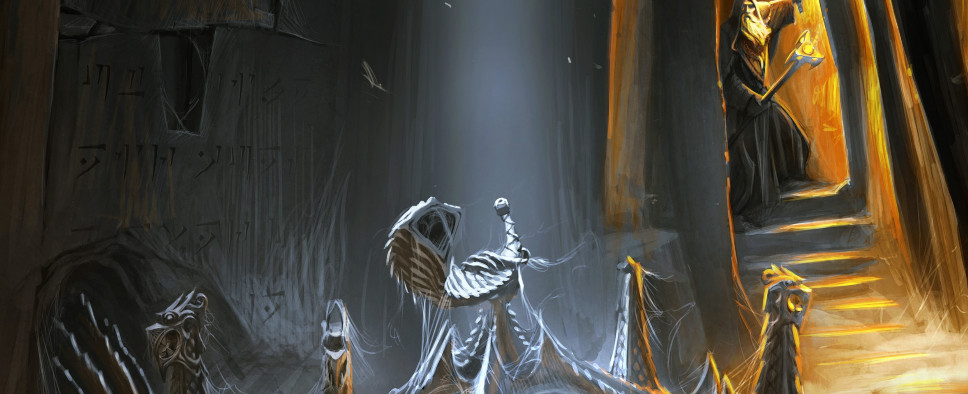Todd Howard on Building Open Worlds that Reward Curiosity
-
Category: News ArchiveHits: 2620

Gamasutra has published a brief article-style interview with Bethesda Game Studios game director Todd Howard that covers the principles Howard and his team use when developing their open-world titles. Most of these principles are pretty obvious to anyone who's played their games or has read previous interviews with Howard, but there are interesting albeit vague mentions of how Bethesda plans to improve in the future:
In terms of open world game design and its future, Howard expects his studio to experiment with new ideas and pay increasing attention to what players not only say they do in a Bethesda game, but also pay attention to what they're actually doing.
Howard specifically mentioned the importance of the downtime in Bethesda games. While players will talk about having fun with action-heavy sequences that have a lot of gameplay mechanics, the moments where they can decompress and relax in an open world is of heavy importance.
(I'm a firm believer that the downtime, the time you spend just staring at the horizon or looking at stuff, that's really valuable time,) he said. (Players won't come back and say they did that a lot or that they enjoyed it, but those beats are really important. They make the parts that they do talk about, the more exciting parts, stand out. You need those breaks between it.)
(People will say they don't enjoy a walk from one place to another, but I don't think they know how important those few minutes of walking actually are,) he added.
As for experimentation on open world games, Bethesda continues to hold internal game jams (twice a year, one after the game is through pre-production, and one at the end of development), which allow developers there to stretch their legs and try out new ideas. The one rule is that the idea needs to be put in the game. Sometimes game jam ideas become commercial DLC for a game.
As someone who firmly agrees with Howard about downtime, I do wish Bethesda's recent titles had less aggressive spawn rates. It's really hard to appreciate the scenery and the exploration-focused aspects of a game when you're constantly under attack from all manners of enemies.

